The proteins They are fundamental macromolecules that are closely related to the growth and development of tissues and muscles. The proteins that provide foods of animal origin they contain most of the essential amino acids for the body, which cannot generate them on its own. However, there are also some variables of plant origin that provide a large amount of protein.
So when looking to gain muscle mass, it is essential to consume enough quality protein to repair and build muscle tissue. Fortunately, there are a variety of protein-rich foods that can help you achieve this goal effectively.
Food protein.jpg
The amount of protein we should consume depends on our life style and of the training routine that we carry. If the goal is to increase muscle mass, a daily intake of 1.3 to 1.5 grams of protein per kilogram of weight.
Six Super High Protein Foods
Chicken
The chicken breast It is the lean protein source par excellence. Is low in fat and high in amino acids essential, which are critical for protein synthesis and muscle building. Plus, chicken is versatile and can be incorporated into a wide variety of dishes, from salads to stews and roasts. 100 grams equals 20-25gr.
chicken.jpg
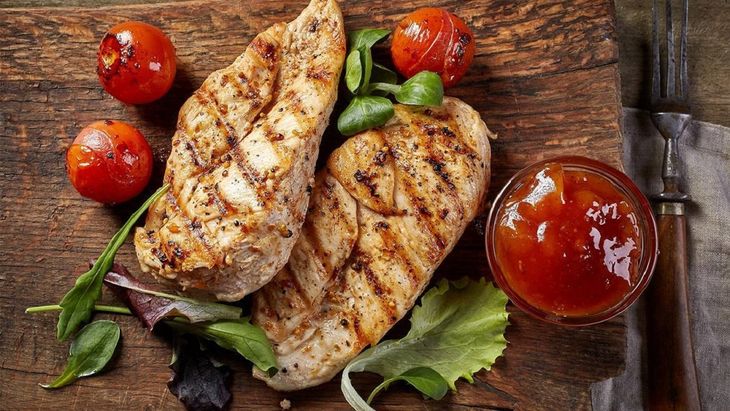
Fish
Fishespecially varieties such as salmon, trout and tunaare rich in protein and healthy fatslike fatty acids Omega 3. These fatty acids promote cardiovascular health and also have anti-inflammatory properties, which is beneficial for the muscle recovery process. 100 grams equals 15-20gr.
Salmon garlic and honey recipe.jpg
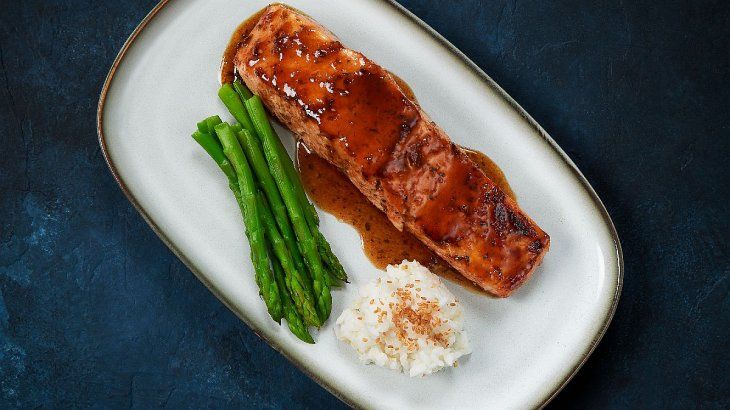
Eggs
They contain proteins from high biological value, that is, they contain essential amino acids. Fats are concentrated in the bud and the contribution protein it is provided by the clear. A whole egg provides approx. 80 kilocalories, and can be done in different variants. Omelttes, scrambled eggs, omelettes and just hard-boiled eggs. Each egg contains approximately 5gr.
eggs.jpg

Freepik.
Dairy products
Dairy products like milk, yogurt and cheese are rich in high quality protein. They are also sources of calcium and other essential minerals for bone health. For those who are lactose intolerant or follow a vegan diet, there are alternatives based on plants, such as almond milk or soy yogurt, which can also be high-protein options. In an average meal, both cheese and milk provide approximately 10 grams of protein.
dairy-milk
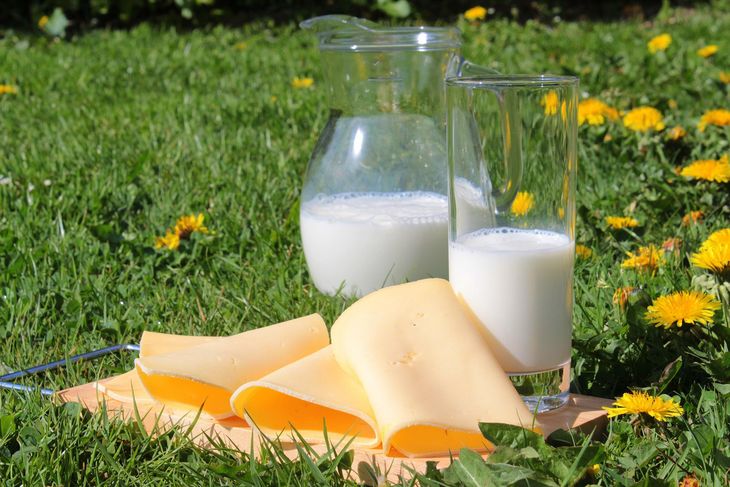
Pixabay
Legumes
The beansthe lentils and the chickpeasThey are a great alternative vegetable proteins. They are also high in fiber, which helps maintain satiety and digestive health. It is a very versatile meal that can be eaten both hot and cold. A plate of legumes provides 18 grams of protein.
Legumes 2.jpg
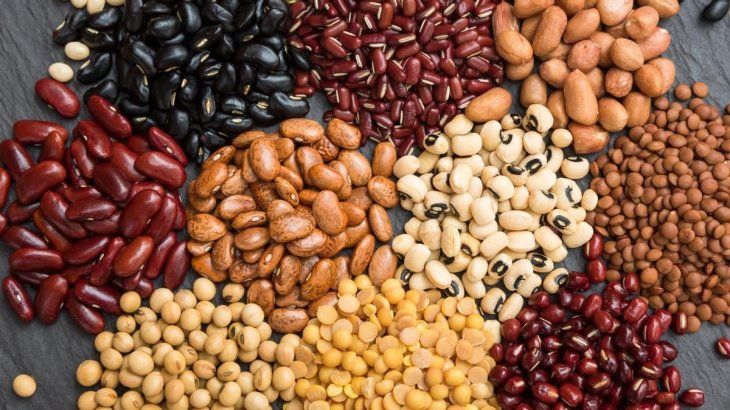
College of Nutritionists PBA
lean red meat
lean red meatsuch as steak or filet is rich in protein and iron. Iron is essential for oxygen transport and energy production. Although it is recommended to limit the consumption of red meat due to its saturated fat content, it can be included occasionally as part of a balanced diet. 100 grams of lean meat provide 25 grams of protein.
Creole-meat-sauce.jpg
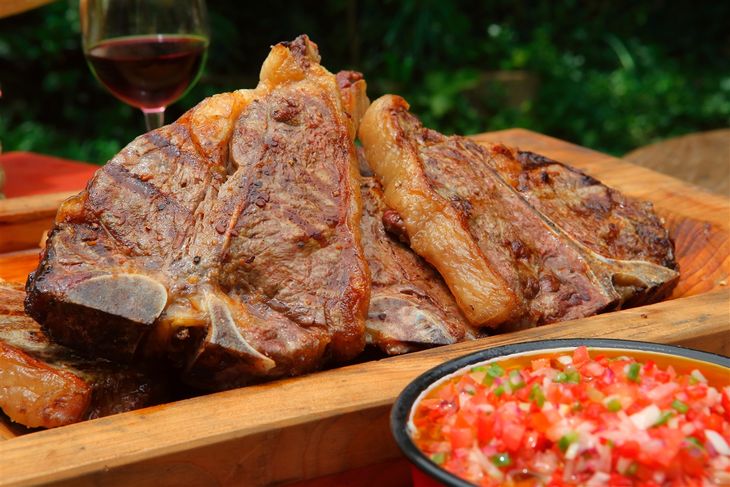
Source: Ambito
I am an author and journalist who has worked in the entertainment industry for over a decade. I currently work as a news editor at a major news website, and my focus is on covering the latest trends in entertainment. I also write occasional pieces for other outlets, and have authored two books about the entertainment industry.




